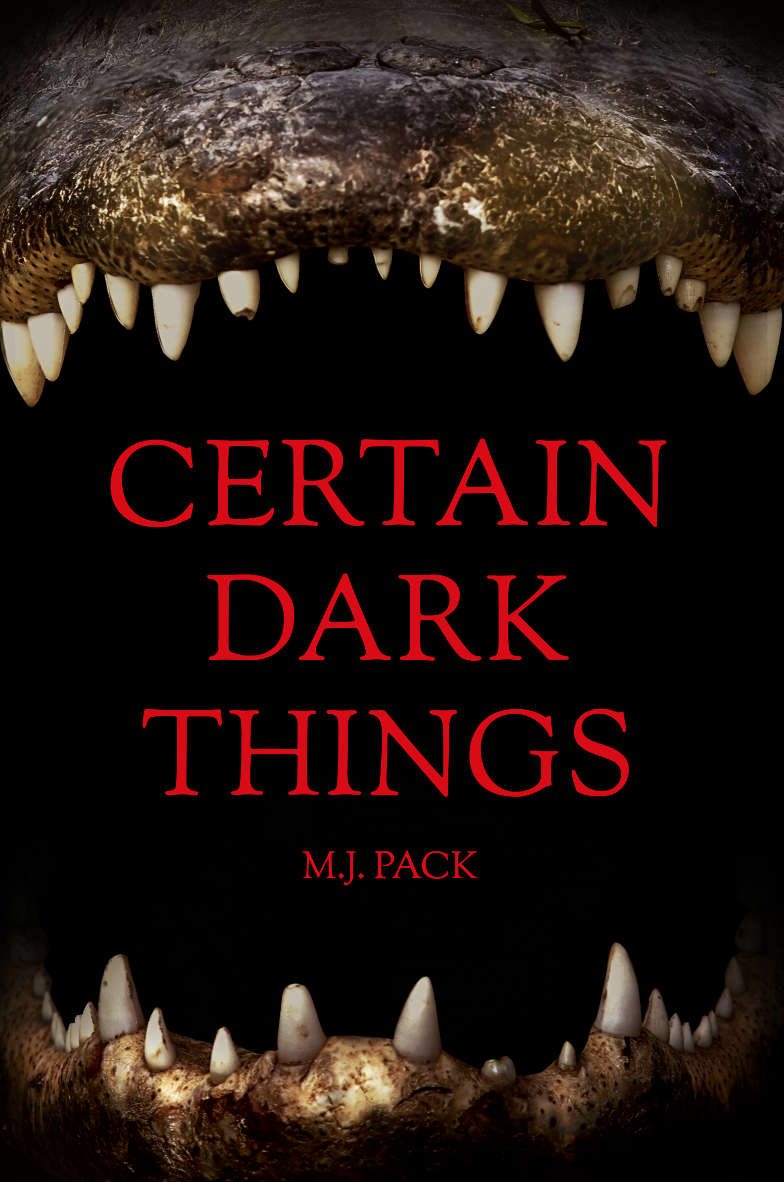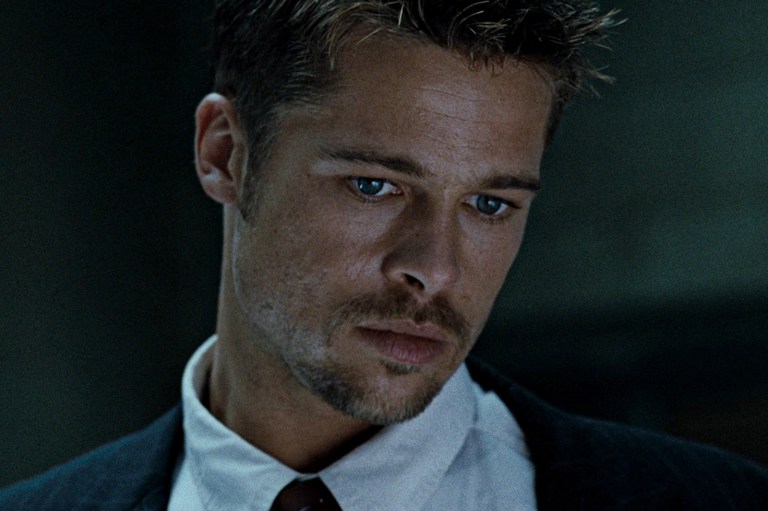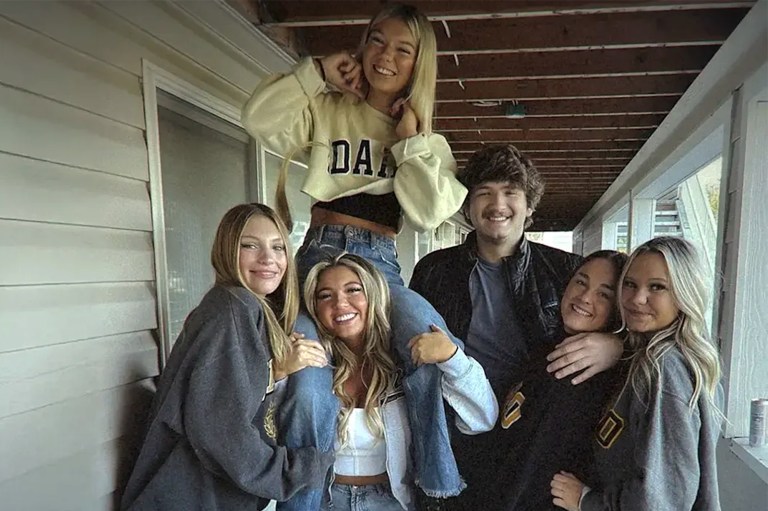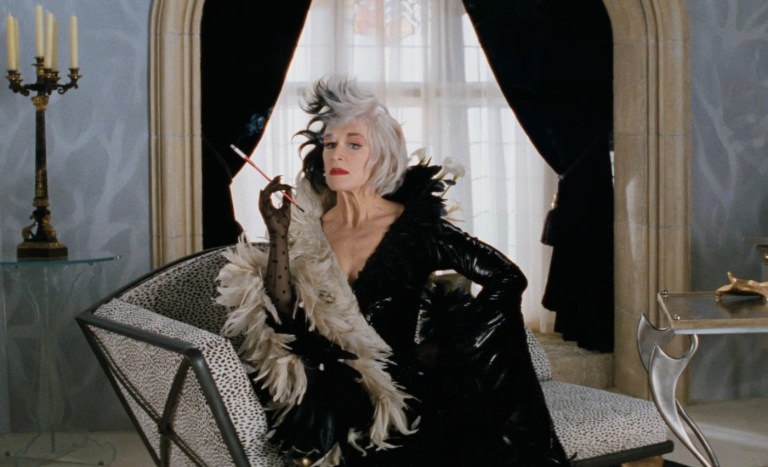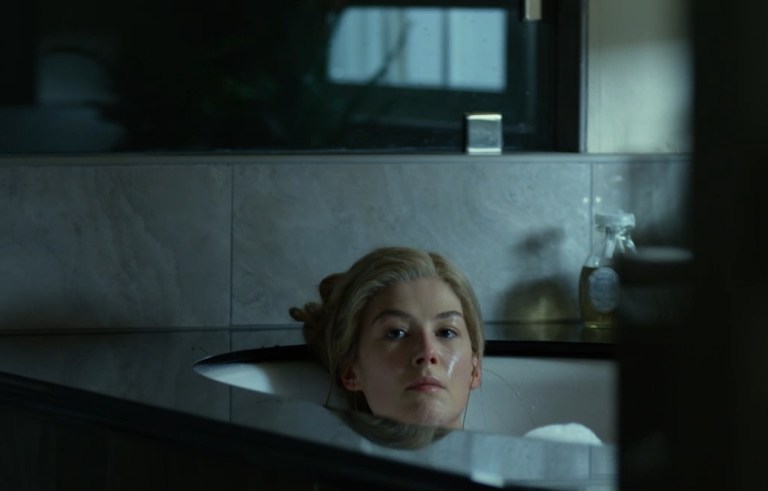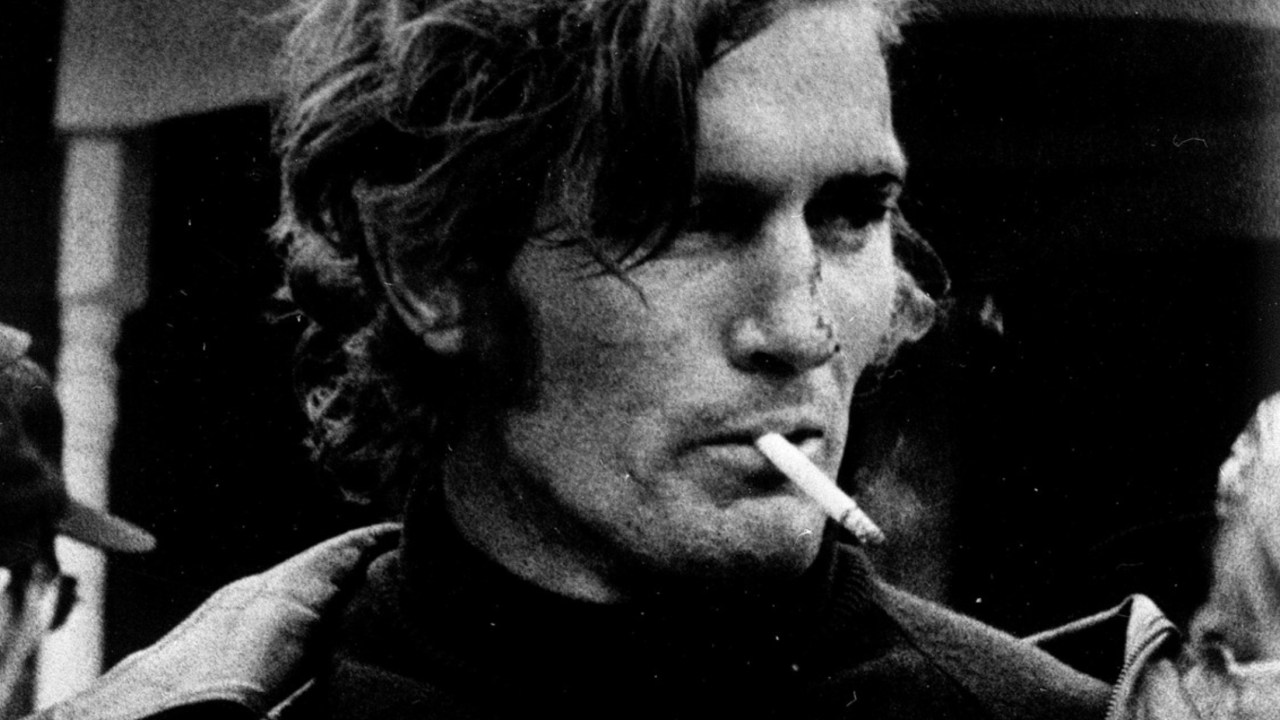
6 Horrible, Horrific Serial Killers You May Have Never Heard Of
Imagine my surprise when I find out that the Wineville Chicken Coop Murders ACTUALLY HAPPENED. This inspired me to dive down the proverbial rabbit hole and find a few more grotesque serial killers hiding in the shadows of history. Let's begin with...
By ![]() M.J. Pack
M.J. Pack
We all know about Ted Bundy, Jeffrey Dahmer, John Wayne Gacy, the all-star team (if you will) of serial killers. In fact, if you watched last night’s “American Horror Story” episode titled “Devil’s Night” you saw many of the more famous murderers in attendance at the Hotel Cortez. Also, I made the excellent observation that “Serial Killer Dinner Party” is a super cool band name.
However, we were introduced to a new serial killer, someone who sounded so creepy and bizarre I was applauding the writers for their twisted creativity. So imagine my surprise when I find out that the Wineville Chicken Coop Murders ACTUALLY HAPPENED. This inspired me to dive down the proverbial rabbit hole and find a few more grotesque serial killers hiding in the shadows of history. Let’s begin with…
Gordon Northcott and the Wineville Chicken Coop Murders
With permission from his aunt and uncle, 19-year-old Gordon Northcott took his 13-year-old nephew Sanford Clark from his home in Canada down to Northcott’s ranch in Wineville, California. This was a TERRIBLE move on Sanford’s parent’s part, because as soon as they were in the United States Northcott began sexually and physically abusing his nephew.
After two years of hell, Sanford’s sister Jessica checked in on him in 1928 to make sure he was doing all right. He promptly informed her he was NOT and filled her in on the horrors that had been happening on the ranch — and not just his own abuse, either. This is the only reason Northcott was exposed as a deviant and a murderer.
Sanford told authorities that Northcott (with the help of his own mother, no less) had forced him to assist with the kidnapping, molestation, torture, murder, and disposal of three young boys. Northcott used quicklime to dissolve the bodies. It is speculated that he may have had as many as 20 victims.
He was sentenced to death and hung at the age of 23.
Robert Hansen, “The Butcher Baker”
As a teen, Robert Hansen had no luck with the attractive women he sought the attention of; this developed into a deep-seated rage towards all women and intense revenge fantasies towards the fairer sex. Over the years he found himself in trouble with the law several times, once for burning down a school bus garage and again for stealing a chainsaw.
For a while, he flew quietly under the radar, but in 1983 17-year-old Cindy Paulson escaped from his small plane and told police that she’d been offered $200 to perform oral sex on the then 44-year-old Robert Hansen. When she got in the car, he pulled a gun on her and drove to his house where he tortured, abused, and sexually assaulted her. Cindy also noted that he chained her by the neck to a post in the basement.
He was brought in and questioned; at first, Hansen denied everything, but as the evidence piled up he admitted to abducting, raping, and murdering between 17-30 women. As if that wasn’t bad enough, his modus operandi was to release them into the woods when he was finished with them and hunt them down like wild animals. He was sentenced to 467 years in prison where he passed away last year due to health complications.
Dean Corll and the Houston Mass Murders
Known as “The Candyman”, Dean Corll owned the Corll Candy Company and was known for giving free candy to local youths, specifically teenage boys. After befriending two in particular (Elmer Wayne Henley and David Brooks), he began grooming them to help commit a series of brutal murders.
Together, the three abducted and murdered a minimum of 28 victims, all between the ages of 13 and 17. Some were friends of his young accomplices, others were introduced to them with the intention of their murder, and a few were previous employees of the candy company. Corll forced Henley and Brooks on several occasions to get in contact with their victims’ parents to assure they were safe.
After a night of partying at Corll’s house with a new intended victim, Henley and Brooks brought Rhonda Williams back with them around 3 in the morning. Corll was furious that they’d invited a girl, and after they passed out he tied all four of them up with the intention of killing them — Henley managed to convince Corll he’d participate and was untied.
Henley wrestled the gun from Corll and cried out, “You’ve gone far enough, Dean! I can’t go on any longer! I can’t have you kill all my friends!” He then shot Corll in the head, shoulder, and lower back, killing him.
The teenagers called the police and the murders came to light. Henley and Brooks are both currently serving life sentences.
Earle Leonard Nelson, “The Gorilla Killer”
In and out of mental institutions for many years of his life, Earle Leonard Nelson eventually upped the ante on his former discrepancies by murdering a string of landladies. He would use his good looks, charm, and well-worn Bible to convince them to rent him a room. Then, Nelson killed them and desecrated their corpses. He made his way up the West Coast, through the Midwest, and eventually to Canada on a bloody trail of rampage.
Canada was where Nelson was caught, however, after murdering a 14-year-old flower salesgirl and housewife Emily Patterson. He had a penchant for hiding bodies under beds, and Emily’s was found when her husband got on his knees beside their own bed to pray for his missing wife’s safe return.
Nelson is accused of killing at least 22 women; his trial began in November of 1927 and by January of 1928, he was found guilty and hanged for his crimes.
Paul John Knowles, “The Casanova Killer”
In 1974, at the age of 28, Paul John Knowles was incarcerated for a myriad of petty crimes. He began corresponding with Angela Covic, who traveled to Florida from California to arrange his release from prison. She was successful, and Knowles eventually joined her in California after proposing marriage.
However, Angela visited a psychic who warned her of a “dangerous new man in her life”; she broke it off with Knowles, who became enraged at her rejection. Though unverified, he claimed to have murdered three people on the streets of San Francisco after Angela dumped him, then returned to Florida.
In Jacksonville, he was imprisoned yet again for stabbing a bartender, but he picked the lock on his cell and escaped — thus began his murder spree.
Knowles started by breaking into the home of 65-year-old Alice Curtis with the intent of looting her house for valuables. Alice choked to death on her own dentures. He stole her car, then when attempting to abandon it after being identified by police, killed young sisters Lillian and Mylette Anderson (who he wanted to remove as witnesses).
While running from the police, Knowles killed many more victims, some circumstantial and some for unknown reasons. Many of these murders were for financial gain to keep him supported on his escape, but others were seemingly just for “fun”. He’s thought to have murdered anywhere from 18-35 victims, possibly more.
After several months of mayhem, capture by police, escape, and an ensuing manhunt, Knowles was finally taken into custody. While in the patrol car, however, he reached for an officer’s gun and discharged it through the holster; the other police officer fired three shots into Knowles’ chest, killing him instantly.
Unknown, “The Cleveland Torso Murderer”
The only subject on my list as of today unidentified, the Cleveland Torso Murderer killed as many as 12-20 victims between 1935 and 1938. Some of the victims were unknown drifters, but all of the murdered hailed from lower-class society. Depression-era citizens were considered easy prey and “working poor”.
The bodies were found decapitated and dismembered, and often the torso was cut in half (giving the murderer its moniker). Most of the male victims were, interestingly, castrated.
Several suspects were arrested, but either evidence against them petered out or it was revealed they’d been beaten into confessing. A theory in 1997 suggested the murders may have been committed by different people, but as of today, this series of murders remains unsolved.
